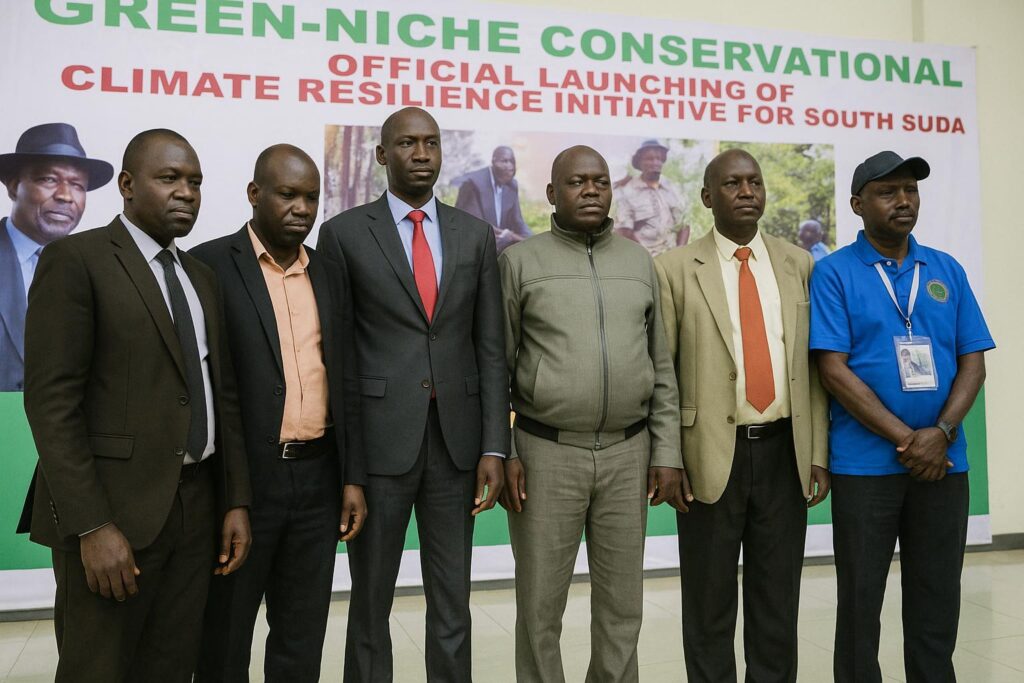CRISS officially launched in Juba
On Saturday in Juba, the Green-Niche Conservational Institute and young agronomists unveiled the Climate Resilience Initiative for South Sudan, known as CRISS. The gathering attracted community leaders and environment officials, signalling broad endorsement for the programme.
Executive Director Dut Deng Achuil told the audience that “people and nature are inherently connected,” stressing the urgency of climate-resilient actions that safeguard livelihoods while restoring ecosystems.
Achuil appealed for cross-sector collaboration, observing that tangible progress “cannot be achieved alone.”
Key pillars for sustainable adaptation
CRISS intends to equip villages with climate-smart agriculture techniques, launch structured waste management, expand environmental education and protect biodiversity through wide-scale tree planting.
Capacity-building workshops will translate scientific knowledge into practical field skills, ensuring that adaptation strategies outlive the project’s first funding cycle.
Director General for Climate Change Lutana Musa Lasu welcomed the initiative, warning that unchecked emissions could lift global temperatures beyond two degrees Celsius, with “severe consequences for life on our planet.”
Rising floods heighten urgency
South Sudan’s shifting rainfall and recurrent floods have displaced tens of thousands, particularly in Upper Nile, underlining the nation’s vulnerability to climate shocks.
Yet speakers voiced optimism that locally driven programmes like CRISS can reinforce national targets and nurture a resilient, self-reliant environmental culture.
“By working directly with communities, we are planting the seeds of change,” Achuil concluded, describing CRISS as a holistic pathway towards sustainability and shared prosperity.


